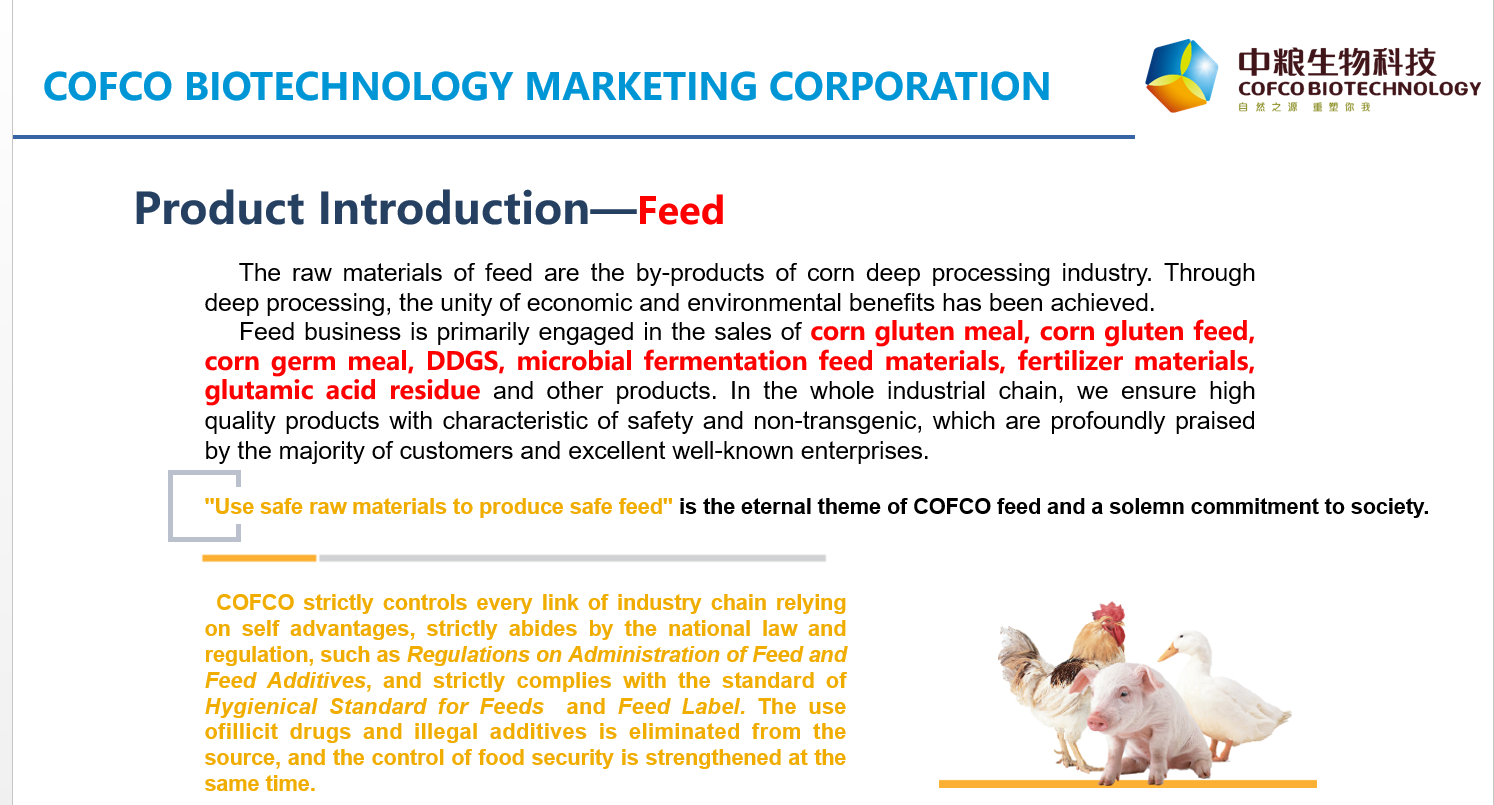Feed Additive,Corn Gluten Meal Liquid,Cat Food Corn Gluten Meal,Corn Gluten Meal Mice JILIN COFCO BIO-CHEM AND BIO-ENERGY MARKETING CO., LTD , https://www.cofco-biotech.com
Vegetable seed germination tips
Soaking seeds is an essential step in preparing them for germination. For cold-resistant vegetables like cabbage, radish, and other cruciferous seeds, soak them in warm water at 30°C for about 3 hours. Tomato, pumpkin, and cucumber seeds should be soaked for approximately 6 hours, while melon, gourd, pepper, and eggplant seeds require a longer soaking time of around 24 hours. After soaking, gently remove the seeds and allow them to dry slightly before proceeding with germination.
When it comes to temperature-sensitive germination, different vegetables have different ideal conditions. Cabbage and other cold-tolerant crops thrive at around 20°C, while melons and solanaceous plants (like peppers and eggplants) prefer a warmer range of 25°C to 30°C. It’s important to start with a lower temperature during the initial germination phase to prevent excessive nutrient consumption. As the seeds begin to sprout, gradually increase the temperature to match the optimal germination level. Once the seedlings are fully emerged, lower the temperature slightly to avoid leggy growth.
During the germination process, it's recommended to turn the seeds every 5 hours to ensure even moisture distribution and prevent mold. Additionally, rinse the seeds with warm water 2–3 times a day to maintain cleanliness and promote healthy sprouting.
The pre-germination period varies depending on the vegetable type. Under ideal temperature and humidity conditions, cucumbers and squash can germinate within just 2 days. Brassica oleracea, such as cabbage, takes about 1.5 days, while melons, gourds, bitter gourds, and similar crops may take up to 5 days. Eggplants and peppers typically require 6 days for full germination.
The appearance of the sprouted seeds also varies by species. For cruciferous seeds, the radicle (the first root) will break through the seed coat, but it usually doesn’t extend beyond the length of the seed. In eggplants, peppers, and tomatoes, the radicle remains shorter than the seed itself. For melon seeds, the radicle grows to about 1–2 cm in length. When sown, seeds with uniform sprouts produce neat and consistent seedlings, making the planting process more efficient and organized.